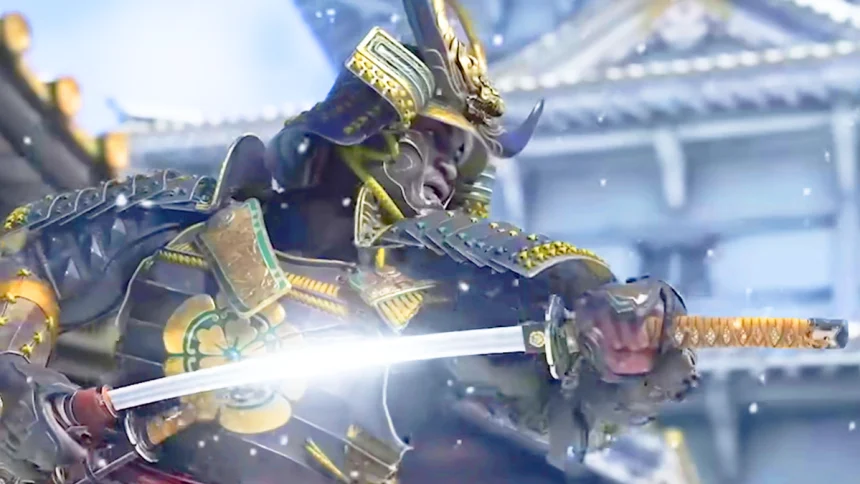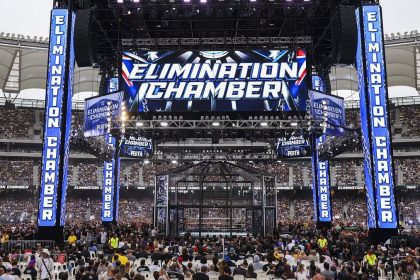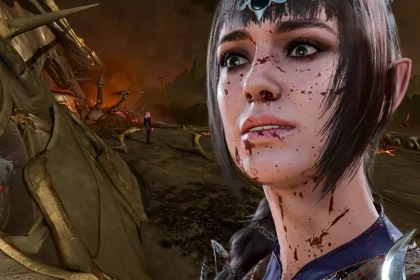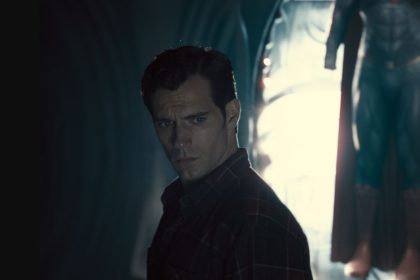Ubisoft’s CEO, Yves Guillemot, has announced a transformative phase for the company, aimed at rekindling the creativity and innovation that previously drove its success. This declaration comes in light of the company’s latest financial report, which highlights recent setbacks that have negatively impacted both output and revenue.
Guillemot noted that Ubisoft has increasingly relied on its catalog of older games to maintain quarterly sales figures, especially following the delay of “Assassin’s Creed Shadows” to 2025, which has added to the challenges facing the company this fiscal year.
The reliance on older titles reflects Ubisoft’s struggle to generate new mega-hits in recent years. As the company has experienced difficulties in launching successful new projects, its back catalog has become a crucial element in stabilizing its financial performance.
This strategy indicates that Ubisoft is not only trying to bolster sales through familiar franchises but is also looking to these older titles as a framework for future development and inspiration. This shift underscores a broader trend in the gaming industry, where established franchises often take precedence over new IPs during times of uncertainty.

To facilitate this transformation, Ubisoft has initiated significant structural changes and cost-reduction measures, which have unfortunately resulted in extensive layoffs. Over the past two years, the company has reduced its workforce by more than 2,000 employees, bringing its total down to approximately 18,666 as of September 30, 2024.
This reduction emphasizes the ongoing challenge of managing costs amid escalating budgets and team sizes in the AAA gaming sector, even as the company still employs a substantial workforce.
Despite the layoffs, Ubisoft has reported an increase in employee retention, with retention rates nearing the historical highs observed during the successful decade from 2010 to 2020. This period was marked by the release of several critically acclaimed titles, including “Assassin’s Creed Brotherhood,” “Far Cry 3,” and “The Division.”
The company also noted that many former employees have returned to Ubisoft, particularly at senior levels, bringing valuable experience and expertise to help bolster its core AAA teams. This trend may mitigate the broader issue of talent loss that has affected the gaming industry amid widespread layoffs.
In addition to focusing on improving employee retention, Ubisoft is tightening control over hiring practices and reducing external spending as part of its ongoing cost-reduction strategy. Guillemot emphasized that these measures are part of a concerted effort to transform the company into a more efficient and agile organization.
By streamlining operations and drawing from its past successes, Ubisoft hopes to restore the innovative spirit that defined its earlier achievements, setting a path toward a more stable and creative future in the competitive gaming sector.







